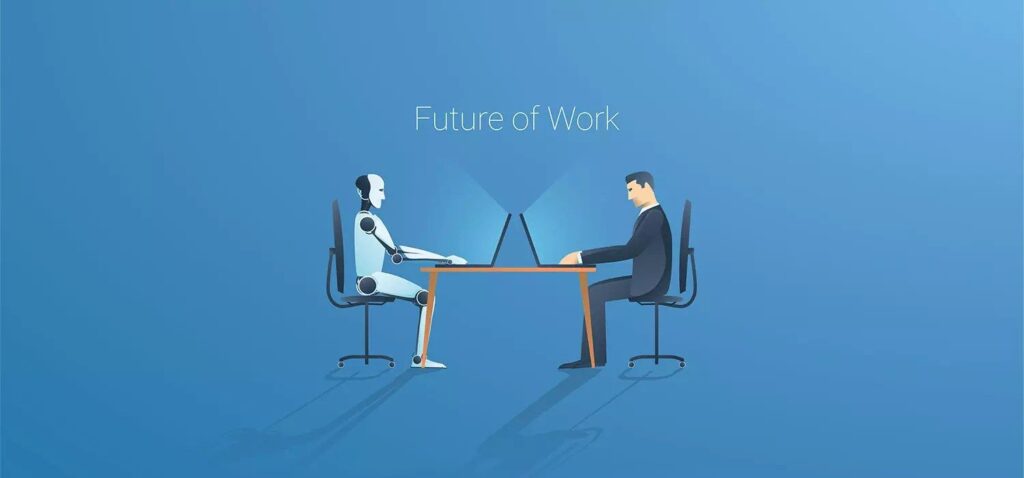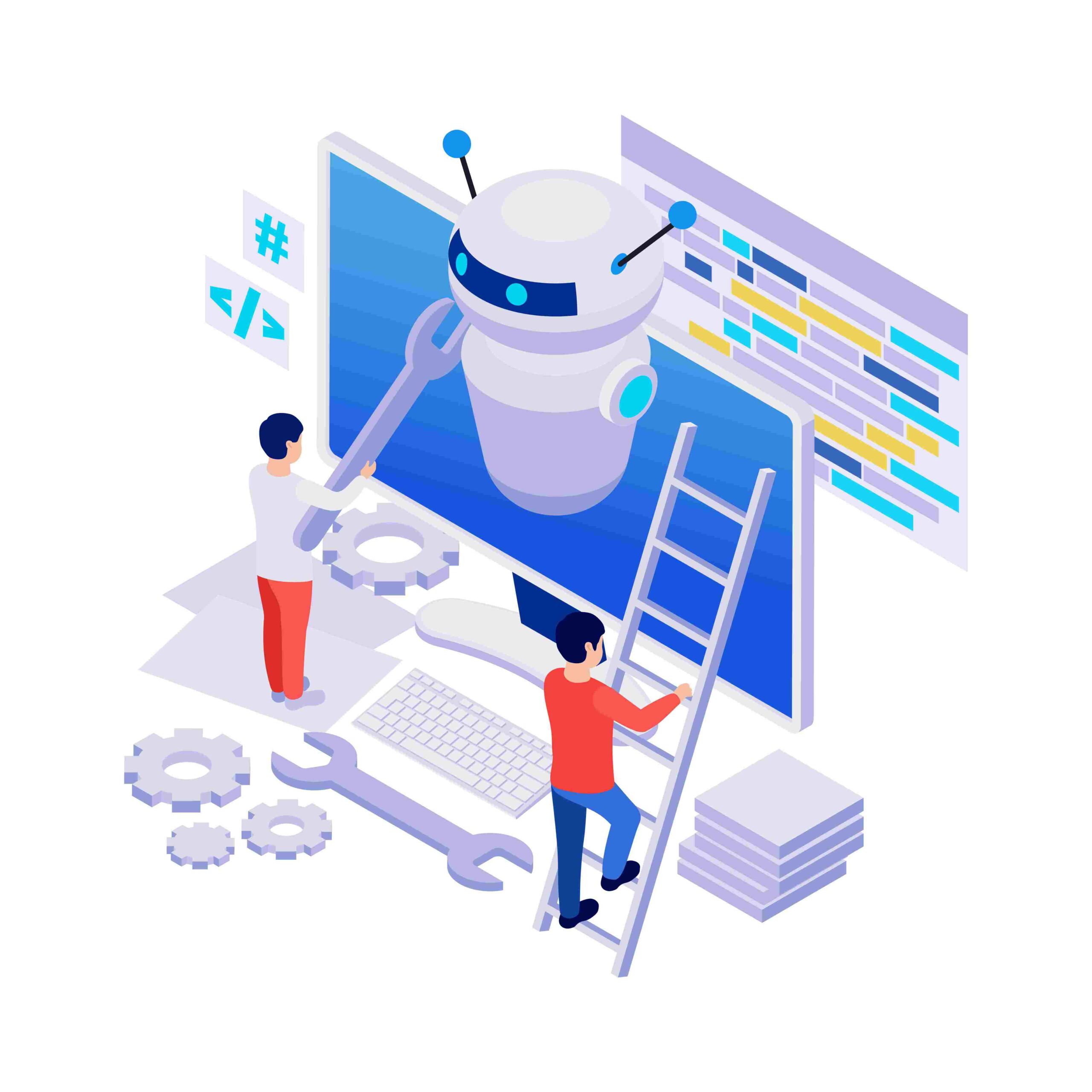As technology advances, Artificial Intelligence (AI) is transforming various industries and impacting the future of work. AI offers opportunities for increased efficiency and innovation, but it also brings concerns about job changes and societal effects. This article explores the both positive and negative aspects of AI in the workplace and emphasizes the need to find a balance between its potential and challenges.
The Positive Effects of AI in the Future
AI can automate repetitive tasks, making work easier and freeing up time for more creative activities. This leads to improved productivity and cost savings. For example, in industries like manufacturing and customer service, AI-powered robots and virtual assistants enhance efficiency, resulting in better experiences for customers.
Additionally, The ability of this to analyze data helps businesses make informed decisions and plan strategically. By processing large amounts of information, AI identifies patterns, trends, and predictions, fostering innovation and competitive advantages.
The Negative Effects of AI in the Future
While AI brings opportunities, concerns about job displacement and ethical implications cannot be ignored. Some jobs that involve repetitive tasks may be automated, requiring workers to learn new skills to adapt to changing job requirements. It is important to prepare employees for collaboration with AI technologies.
Ethical considerations are also crucial. Issues such as bias in algorithms, privacy concerns, and responsible use of AI-generated content must be addressed through proper regulations and frameworks. Ensuring fairness, transparency, and accountability is important to minimize potential negative impacts.
Solutions to This Situation
To navigate the future of work with AI, finding a balance is essential. There are 4 aspects where we can work.
Reskilling and Upskilling: Offering opportunities for workers to learn new skills that complement AI technologies, ensuring they remain adaptable and resilient.
Collaboration: Encouraging collaboration between humans and AI systems, capitalizing on the strengths of both. Humans contribute creativity, empathy, and critical thinking, while AI provides data analysis, automation, and decision support.
Ethical Guidelines: Establishing clear ethical guidelines and regulations to govern AI usage, ensuring transparency, accountability, and protection of individual’s rights and privacy.
Job Creation and Support: Embracing AI technologies can lead to the creation of new job roles and industries. Governments, organizations, and societies should foster an environment that supports entrepreneurship, innovation, and economic opportunities.
In Conclusion:
The future of work with AI presents opportunities and challenges. While it can enhance efficiency, productivity, and innovation, it is crucial to address concerns related to job changes, ethics, and societal impacts. By adopting a balanced approach that includes reskilling, collaboration, ethical guidelines, and economic support, we can harness the potential of AI while ensuring a future where humans and machines work together harmoniously.


